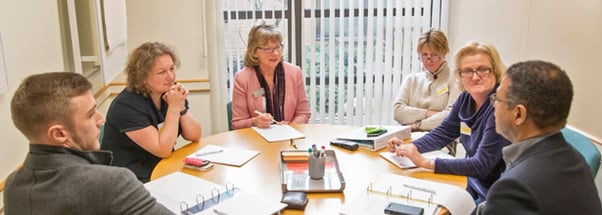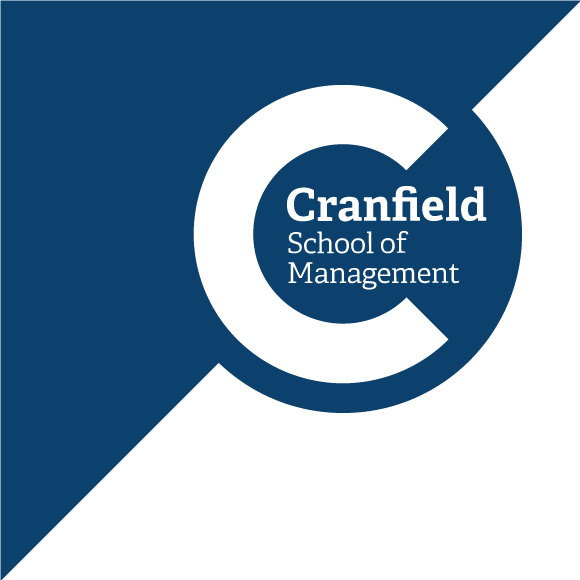
How do high achievers manage to create a great business out of merely a good business?
Cranfield studied the accounts of 15,000 independent UK businesses with turnovers between £1m and £50m over a four-year period.
The results? Many aspire, few achieve. Fewer than 2% of these businesses consistently grew sales and profits by 25% and provided a decent return on capital employed.
Here are 10 invaluable lessons learned from working with ambitious owner-managers on the BGP over the years:
- You really have to want to grow. Growth does not happen to the half-hearted. It’s the difference between involvement, and commitment. Think back to the last time you had bacon and eggs. The chicken was involved, but the pig was definitely committed!
- Successful businesses know where they are going and write it down — and not just on the back of an envelope. They have clear plans and well-articulated goals.
- Don’t diversify too early. Most fast-growth SMEs achieve success through selling more of what they currently do to their existing customers and others who are like them.
- Be a ‘profit’ (sic) in your own land. Too many businesses think only in terms of growing sales — and do so at the expense of margins.
- Grow up as an organisation. Just as people mature, so must organisations. Managing growth means implementing the necessary changes to systems, structures and processes.
- Stop solving other people’s problems and / or meddling in jobs you pay others to do. It’s really hard to change one’s behaviour but often the boss is the biggest impediment preventing the organisation from moving forward.
- And become a strategist. A business leader has three basic tasks: to run today’s business; to make today’s business better; and to create a new business for a new tomorrow. Most owner-managers spend nearly all their time running today’s business. The top performers spend most of their time improving today’s business and creating the business they aspire to become. That’s strategy.
- Focus on your people. Your team will deliver the results from you — if you explain to them what you want, allow them to get on with it and invest in their future!
- Develop yourself. Who is the single person in the business who can have the most impact? The owner-manager. Whose development as manager and leader do most owner-mangers never invest in? You’ve got it.
- Work smarter. Working longer and longer hours is most owner-managers’ recipe for success. It’s actually a pretty good recipe for working yourself into the ground. If anything, our top performers work fewer hours than the average. They take more time off and get more fun out of their businesses.
BGP alumni sing its praises:
Some of Britain’s most talented and successful entrepreneurs – such as Mayank Patel of Currencies Direct, Angus Thirlwell of Hotel Chocolat, and Lara Morgan of Pacific Direct – have benefited from coming to Cranfield and being involved with the BGP over the years.
Angus, who attended the BGP in 2000, says:
“BGP challenges every assumption you have ever made about your business and uncovers the real areas to work on. Anybody who is serious about their business will find BGP well worth the money.”
And Lara, who eventually sold a majority shareholding in Pacific Direct for £20 million, adds:
“BGP was worth every penny, and I no longer feel like I am flying by the seat of my pants.”
Many thanks to David Molian, Past BGP Programme Director, for this blog content.



